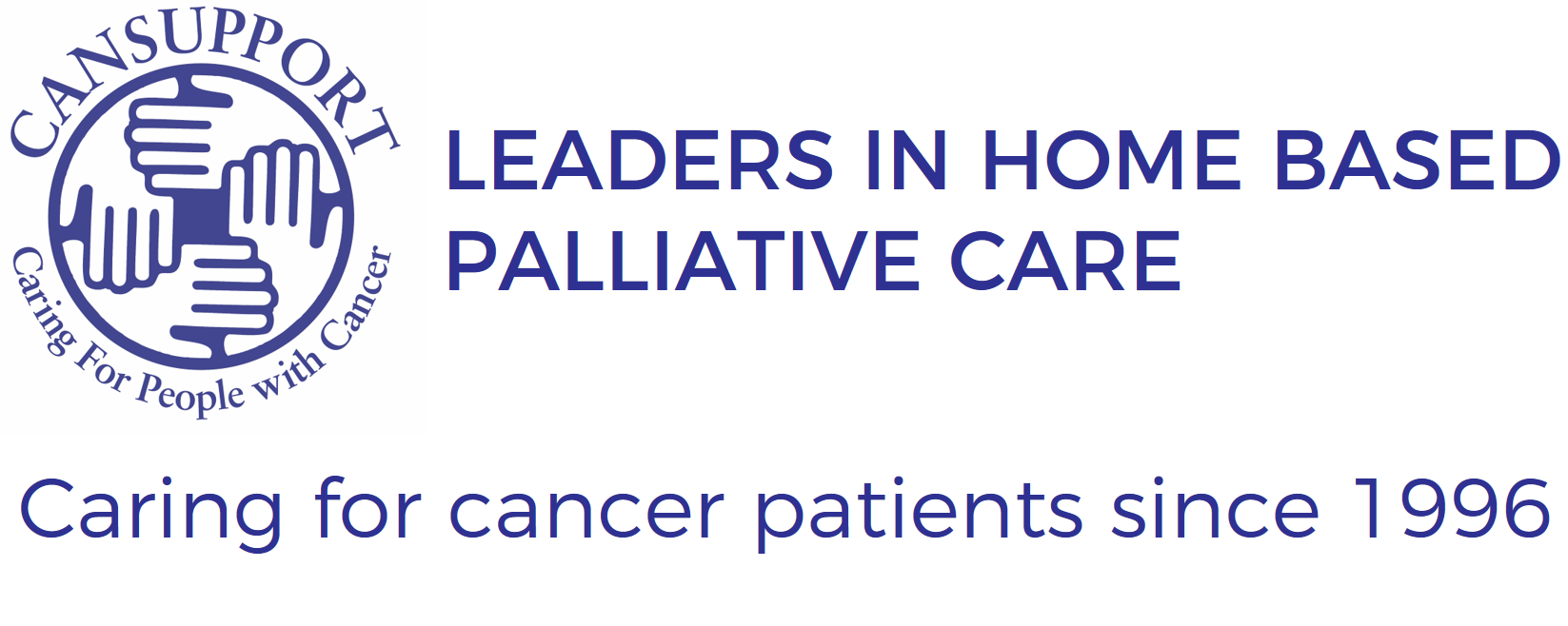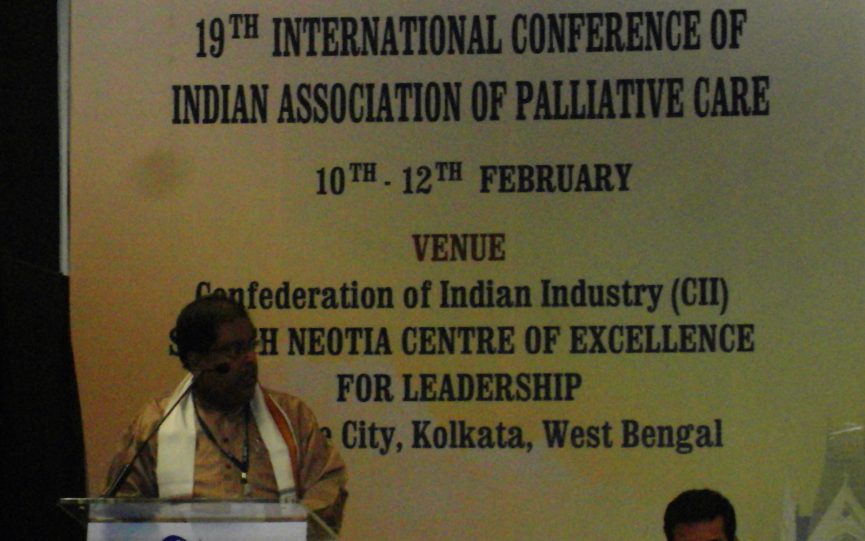CanSupport advocates that pain relief and palliative support are important and integral parts of cancer care, and that they should be available throughout India as a priority.
Each year an estimated 7 million people are in need of palliative care in India but only 1% receive it. A number of significant barriers must be overcome to address the unmet need for palliative care:
- The National health policy does not often include palliative care.
- Training in palliative care for health professionals is often limited or non-existent.
- People's access to opioid pain relief is inadequate and fails to meet international conventions on access to essential medicines.
- Lack of awareness among policy-makers, health professionals and the public about what palliative care is, and the benefits it can offer patients and health systems.
- Cultural and social barriers that exist about death and dying.
- Misconceptions about palliative care, such as that it is only for patients with cancer, or for the last weeks of life.
- Misconceptions that improving access to opioid analgesia will lead to increased substance abuse.
Policy initiatives that address workforce needs, research and patient access could rapidly bring palliative care to scale in India. The implementation of such policies would help meet the needs of our sickest children and a growing population of adults with long-term chronic conditions.
CanSupport advocates that our national healthcare system should include, at the minimum, the following components:
- Health system policies that integrate palliative care services into the structure and financing of national health-care systems at all levels of care.
- Policies for strengthening and expanding human resources, including training of existing health professionals, embedding palliative care into the core curricula of all new health professionals, as well as educating volunteers and the public.
- A medicines policy which ensures the availability of essential medicines for managing symptoms, in particular opioid analgesics for the relief of pain and respiratory distress.
- Palliative care is most effective when considered early in the course of an illness. Early palliative care not only improves quality of life for patients but also reduces unnecessary hospitalizations and use of health-care services.
- All people, irrespective of income, disease type or age, should have access to palliative care.
Specialist palliative care is one component of palliative care service delivery. A sustainable and accessible palliative care system needs to be integrated into primary health care, community and home-based care, as well as supporting care providers such as family and community volunteers. Providing palliative care should be considered an ethical duty for health professionals.

